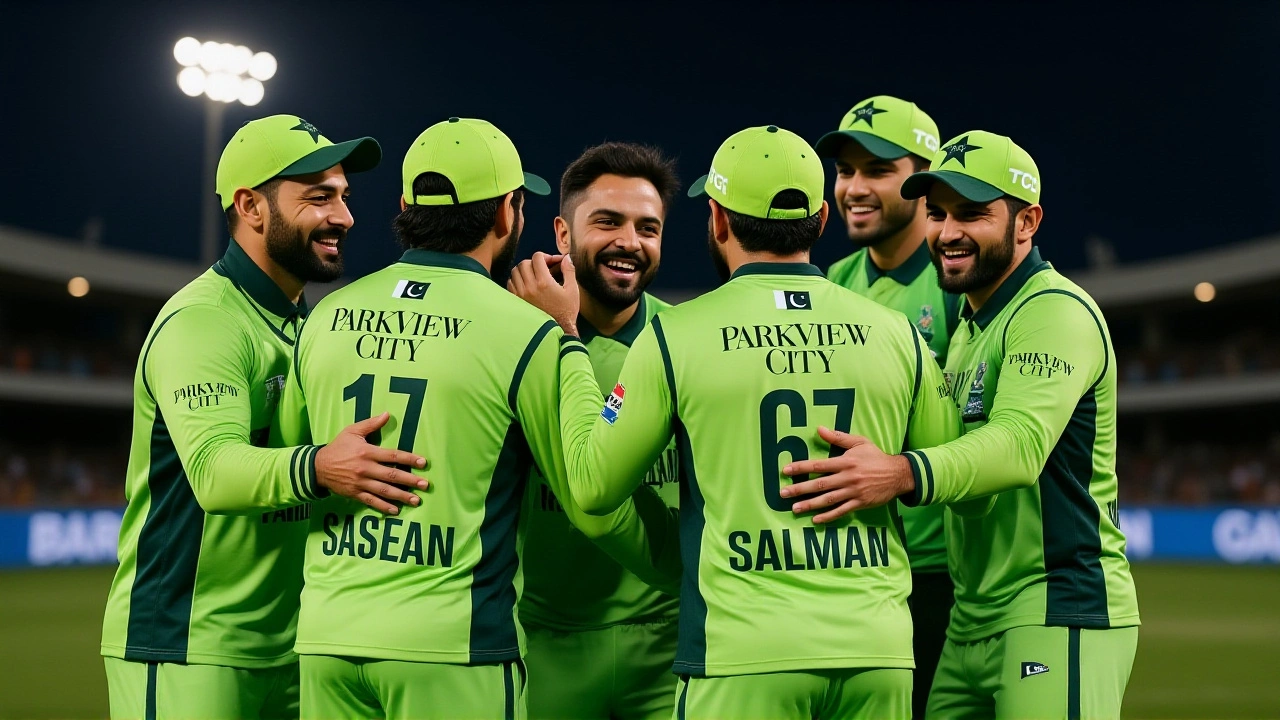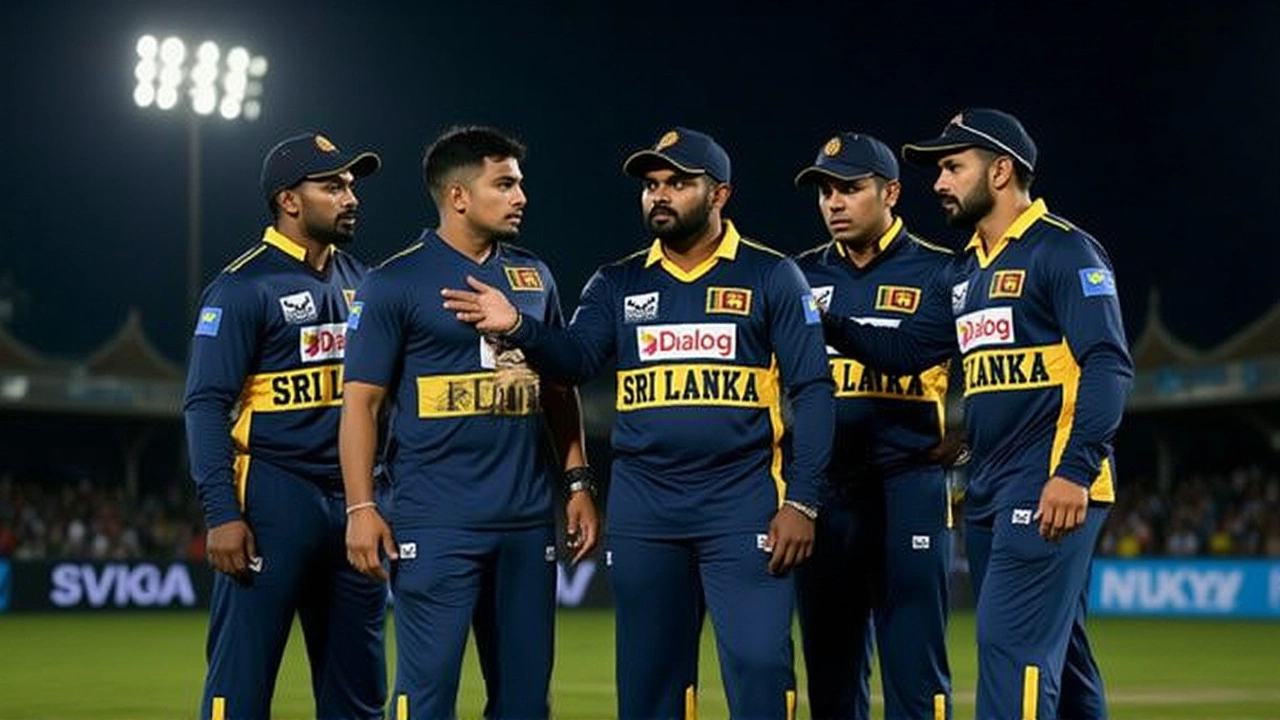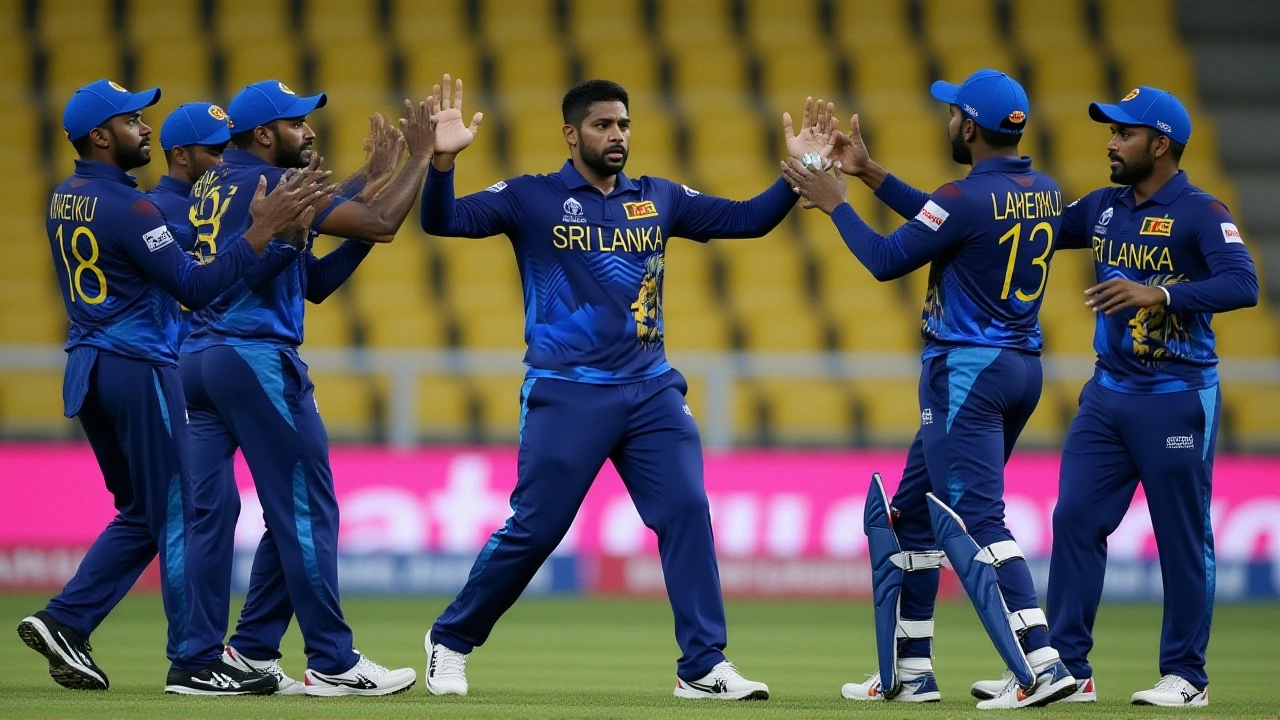
The Pakistan Cricket Board has turned down a last-minute invitation from the Bangladesh Cricket Board to join a triangular T20 series in December 2025 — a move that’s sending ripples through international cricket circles. The decision, confirmed on November 14, 2025, wasn’t about politics, scheduling conflicts, or security concerns. It was about money, rest, and strategy. And it reveals just how much the game has changed.
Why Pakistan Said No — Even When They Had Nothing Else to Do
At first glance, it seems odd. Pakistan had no international fixtures scheduled between December 2025 and January 2026. No Tests. No ODIs. No T20Is. Yet they declined a chance to play three matches against Bangladesh and Sri Lanka — a series designed explicitly as warm-up for the 2026 T20 World Cup. The reason? Five of their biggest stars are already locked into Australia’s Big Bash League, which runs from December 10, 2025, through January 25, 2026. The players granted No Objection Certificates (NOCs) are none other than Babar Azam, Muhammad Rizwan, Shaheen Shah Afridi, Haris Rauf, and Shadab Khan. Cricket Australia didn’t just ask for their availability — they demanded it. The PCB, facing pressure from franchise leagues offering six-figure payouts and elite competition, said yes. "He said that though Pakistan didn't have any international commitments in December and January but a decision was already taken to allow players to take part in some leagues specially the Big Bash," said a PCB official quoted by NDTV. It’s not just about cash — though that’s a big part. It’s about keeping top players sharp, exposed to high-pressure environments, and commercially viable.The Financial Reality Behind the Decision
The Big Bash League isn’t just another T20 tournament. It’s the third most-watched domestic cricket league in the world, behind only the IPL and the Caribbean Premier League. Players earn between $150,000 and $400,000 AUD per season — more than most earn in a year playing for Pakistan. For a player like Shaheen Shah Afridi, who’s recovering from injury, the BBL offers not just income, but crucial match practice against world-class batters. Meanwhile, Fakhar Zaman is off to the Emirates International League, a new but fast-growing T20 competition based in the UAE. Details are scarce, but the PCB’s willingness to release him suggests they’re betting on exposure and revenue over traditional international schedules. This isn’t isolation. It’s evolution. Boards like the PCB, ECB, and CA are now treating franchise leagues as essential development platforms — not distractions. The old model of "national duty first" is crumbling under financial gravity.What This Means for the 2026 T20 World Cup
The PCB isn’t ignoring the World Cup. Far from it. They’re preparing for it — just differently. Their official line is clear: "From February onwards Pakistan team has a heavy workload throughout 2026 with a number of test series of the World Test Championship and also the Pakistan Super League." That’s the real priority. Pakistan plays three Test series in early 2026 — likely against Australia, South Africa, and Sri Lanka — as part of the World Test Championship cycle. Then, in March, the Pakistan Super League kicks off. That’s six weeks of high-intensity T20 cricket right before the World Cup. The PCB’s logic? Let players get match-hardened in Australia, then rest them during the PSL’s early phase, then peak for the World Cup in June. They’re not skipping preparation — they’re redesigning it. The tri-series with Bangladesh? It would’ve been a nice-to-have. The BBL? It’s a must-have.
Other Moves on the Board
While the tri-series fell through, Pakistan’s domestic calendar is heating up. The Zimbabwe national cricket team arrived in Pakistan on November 14, 2025, with their two-match T20 series now set to begin on November 18 at the Rawalpindi Cricket Stadium. The original venue, Lahore’s Gaddafi Stadium, was switched — possibly due to security logistics or pitch readiness. Meanwhile, Sri Lanka’s ongoing tour of Pakistan will continue. After initial uncertainty, "high-level exchanges" reportedly smoothed over tensions. That’s significant. Pakistan and Sri Lanka haven’t played a bilateral series in Pakistan since 2019. This tour signals a return to normalcy — even as the tri-series vanishes.The Bigger Picture: Cricket’s New Power Dynamic
This decision reflects a seismic shift. National boards are no longer the sole gatekeepers of player availability. Franchise leagues now hold the leverage. The BBL, IPL, and PSL don’t just pay more — they offer better facilities, media exposure, and competitive standards. For players like Rizwan or Shadab, playing in Melbourne isn’t a side gig. It’s career insurance. Critics will say this erodes international cricket. But here’s the twist: the best players are getting better. And the best teams are becoming more sustainable. The PCB isn’t abandoning the national team — they’re investing in its future by giving players the tools to thrive.
What’s Next?
By mid-December, we’ll see Babar Azam facing Mitchell Starc in Brisbane. Shaheen Afridi bowling to David Warner in Sydney. These aren’t exhibition games — they’re high-stakes battles. When Pakistan finally convenes for the World Cup, those players won’t be rusty. They’ll be battle-tested. The Bangladesh Cricket Board will have to adapt. So will Sri Lanka. The era of "national teams first" is over. The new model? Players first. Leagues second. International cricket — carefully scheduled — third.Frequently Asked Questions
Why didn’t Pakistan just play the tri-series after the Big Bash?
The Big Bash runs until late January, and the proposed tri-series was scheduled for early December. Players would’ve needed to fly from Australia to Bangladesh, acclimate to conditions, and play three matches in under two weeks — all before the Pakistan Super League began in March. The PCB deemed the physical and logistical strain too great, especially with the World Test Championship starting in February.
How does this affect Pakistan’s chances at the 2026 T20 World Cup?
The PCB believes it improves them. Playing in the Big Bash exposes players to world-class pace, spin, and pressure situations — far beyond what they’d get in a low-stakes tri-series. Babar Azam and Rizwan have thrived in T20 leagues before. This isn’t a risk — it’s a strategic upgrade to their game, especially on faster pitches similar to those in the World Cup venues.
Is this trend happening in other countries too?
Absolutely. England’s ECB has allowed multiple players to skip bilateral tours for the IPL. Australia’s CA routinely prioritizes the BBL for its domestic stars. Even India has quietly permitted players to join overseas leagues when their national schedule allows. The global calendar is too packed. Boards are learning to pick their battles — and the financial rewards make it impossible to ignore.
What’s the impact on Bangladesh’s World Cup preparation?
Bangladesh loses a valuable opportunity to test themselves against top-tier Pakistani bowlers like Afridi and Rauf. But they’ll still face Sri Lanka and likely schedule internal practice matches. The BCB has already confirmed they’ll host a three-match T20 series against Zimbabwe in December — a solid alternative. The real challenge? Finding consistent high-level opposition without Pakistan.
Will other countries follow Pakistan’s lead and skip bilateral series?
Yes, especially if the financial incentives keep rising. Smaller boards like Zimbabwe and Ireland are already seeing fewer bilateral tours. The future belongs to leagues that pay well and offer exposure. National boards will still schedule Tests and major tournaments — but the T20s between non-powerhouses? Those are becoming optional. The game is being reshaped by money, not tradition.

Write a comment